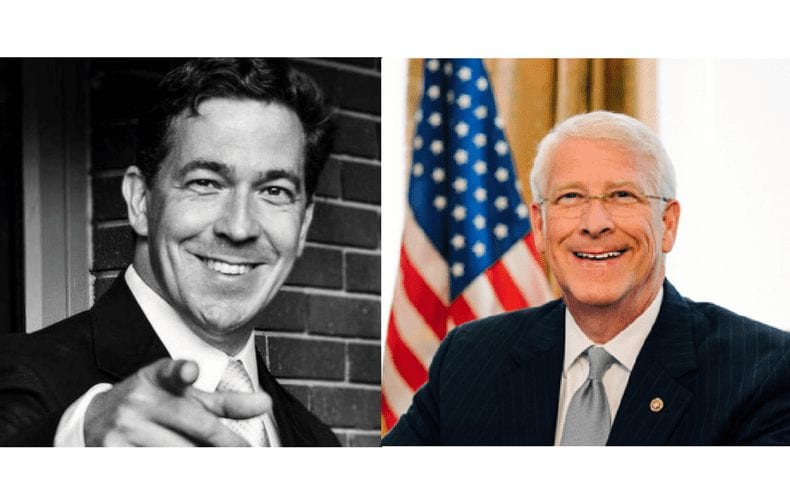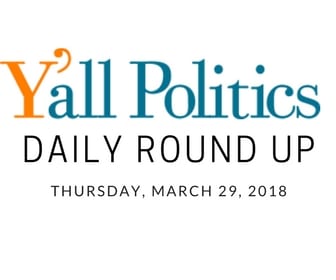
Attorney General Jim Hood, along with a bipartisan group of 48 other attorneys general, has asked Congress to ease federal restrictions that limit states’ ability to investigate and prosecute the abuse and neglect of Medicaid beneficiaries.
The attorneys general sent a letter Wednesday to U.S. Representatives Tim Walberg, R-Mich., and Peter Welch, D-Vt., in support of their legislation, H.R. 3891, which would expand the authority of Medicaid Fraud Control Units (MFCUs) to detect, investigate, and prosecute Medicaid patient abuse in non-institutional settings. Under current law, MFCUs, which are mostly housed within state attorney general’s offices, may investigate and prosecute patient abuse and neglect only if it occurs in a health care facility or, in some circumstances, in a board and care facility. That means other cases of abuse and neglect of Medicaid patients – such as in a home health care setting – fall outside the unit’s authority. If enacted, the legislation would broaden the authority of the MFCUs to screen complaints or reports alleging potential abuse or neglect.
The legislation came after a similar group of 38 attorneys general wrote to then-U.S. Secretary of Health and Human Services Tom Price in May 2017, asking for changes in federal regulation to give the states this expanded authority. However, the Department concluded that the expanded authority would require a change in federal law that could not be done through the regulatory process. The bill, introduced by Walberg and Welch, was in direct response to the attorneys general’s letter and subsequent response from the Department.
Final NAAG Letter to Expand MFCU by yallpolitics on Scribd
“Although our office’s Vulnerable Persons Unit currently handles allegations of abuse and neglect in non-institutional settings, the expansion of this work for Medicaid Fraud Control Unit authority would strengthen our resources. I urge Congress to pass this legislation,” stated General Hood.
The attorneys general also stressed to the lawmakers the importance of expanding this authority in light of the national opioid epidemic. The bill would, for example, give states the authority to investigate and prosecute cases of unlawful opioid distribution to Medicaid beneficiaries, which under current law they may only do if the case occurred within a health care facility or a board and care facility.
In addition to Mississippi, the other attorneys general who signed the letter were Alabama, Alaska, Arizona, Arkansas, California, Colorado, Connecticut, Delaware, District of Columbia, Florida, Georgia, Hawaii, Idaho, Illinois, Indiana, Iowa, Kansas, Kentucky, Louisiana, Maryland, Massachusetts, Michigan, Minnesota, Missouri, Montana, Nebraska, Nevada, New Hampshire, New Jersey, New Mexico, New York, North Carolina, Ohio, Oklahoma, Oregon, Pennsylvania, Rhode Island, South Carolina, South Dakota, Tennessee, Utah, Vermont, Virgin Islands, Virginia, Washington, West Virginia, Wisconsin, and Wyoming.










